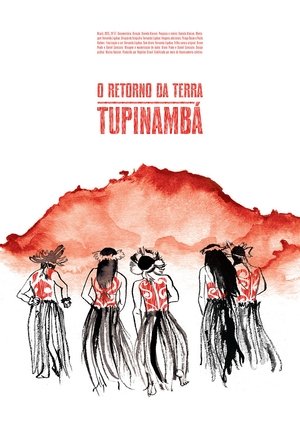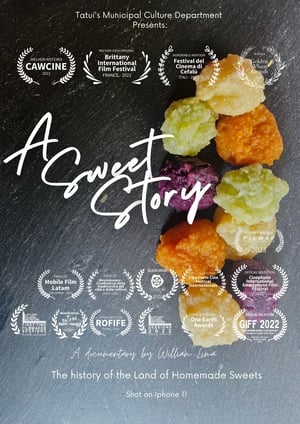
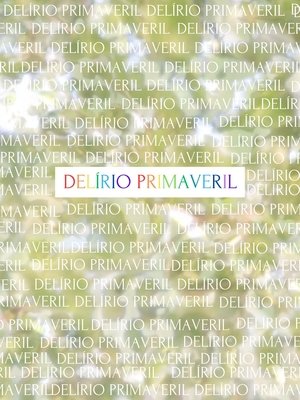
Delírio Primaveril(2023)
Movie: Delírio Primaveril
Video Trailer Delírio Primaveril
Similar Movies
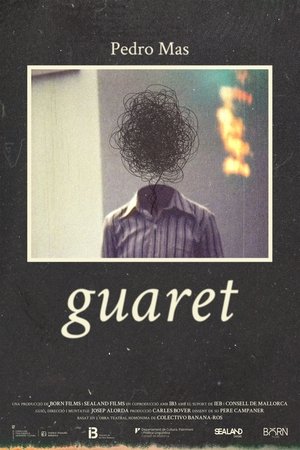 0.0
0.0Guaret(ca)
Pedro is Mallorcan, born to a mother from Burgos and a father from Mallorca. Due to his distant relationship with his father, Pedro doesn't fully master Mallorcan as a language. He turns to the works of Damià Huguet to remember his father, as only his poems can fill the void left by his death. The poet's words transport Pedro to his childhood and his roots, even though many of the words are unknown to him, despite them belonging to his language. This becomes the driving force behind the protagonist's search for his own identity, his origins, what it means to be a man, father-son relationships, collective identity, and "mallorquinness". Pedro constantly questions the emotions stirred by Huguet's poetry, and, most importantly, who he is and where he belongs.
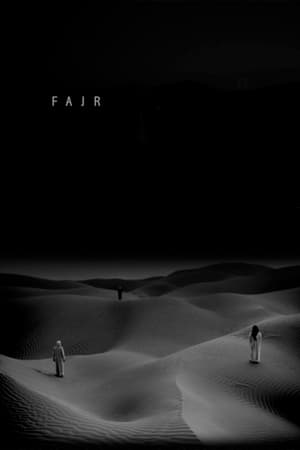 7.0
7.0Fajr(ar)
In the Moroccan desert night dilutes forms and silence slides through sand. Dawn starts then to draw silhouettes of dunes while motionless figures punctuate landscape. From night´s abstraction, light returns its dimension to space and their volume to bodies. Stillness concentrates gaze and duration densify it. The adhan -muslim call to pray- sounds and immobility, that was condensing, begins to irradiate. And now the bodies are those which dissolves into the desert.
 9.0
9.0The Bowmakers(en)
This documentary film explores the world of the bow and the extraordinary masters who make them. The bow is the Cinderella of the orchestra—the overworked and overshadowed ally to its more glamorous partners. Few people, even among lovers of classical music, think of the bow as an instrument in its own right, but players of stringed instruments see them differently. To musicians, the bow is as essential to expressing the soul of the music as the violin or cello. The film follows the journey of the “silent servant” of the music world—from the workshops of the virtuosos of the trade, to the birthplace of the bow in France, and to Brazil, home to the imperiled tree from which the world’s finest bows are made.
 0.0
0.0Winter Portrait(en)
A misty afternoon returns a Mapuche couple to their wedding video. In their civil ceremony, they are noted as one of only two couples married in the indigenous language of Mapudungun.
 0.0
0.0The Grass Dwellers(es)
Juan Méndez Bernal leaves his house on the 9th of april of 1936 to fight in the imminent Spanish Civil War. 83 years later, his body is still one of the Grass Dwellers. The only thing that he leaves from those years on the front is a collection of 28 letters in his own writing.
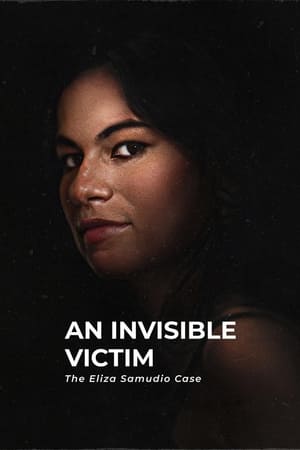 6.9
6.9An Invisible Victim: The Eliza Samudio Case(pt)
A star goalkeeper threatens a woman who is pregnant with his child. Her pleas for help go unanswered in the shadow of his fame — then tragedy strikes.
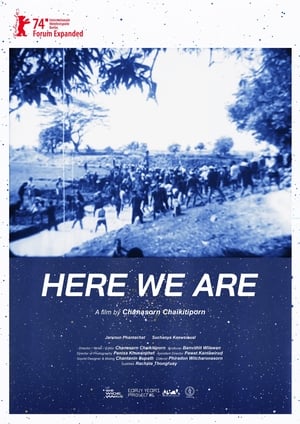 0.0
0.0Here We Are(th)
A housekeeper received a film made by her daughter. It's a film that combines found footages of Thailand during the Cold War with the present days images of Bangkok. Through these images she tells a story of the house owner and her own story of coming to the capital.
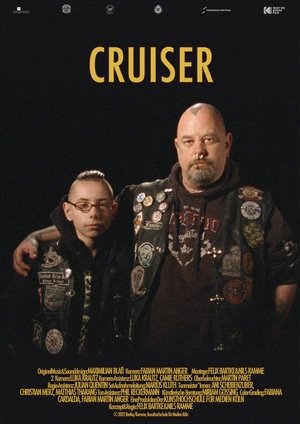 0.0
0.0Cruiser(de)
Jan receives the group patch at the campfire, Herkules brews up some tea in the workshop and Sidney gets a mohawk haircut done by his father. The film shows fragments from an Oberhausen subculture in which symbols and practices of the outlaw motorbiker scene are transferred to cycling.
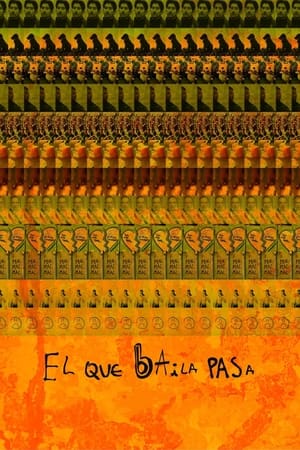 5.0
5.0He Who Dances Passes(es)
A being from the beyond returns to Chile in 2019, embodied in a worker who dreams of social upheaval. Viral videos intertwine with fiction to narrate the experiences of a polarized country that wanders between drama and absurdity, illusion and failure.
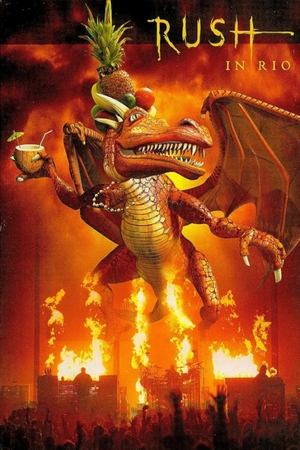 8.2
8.2Rush in Rio(en)
Legendary rock band Rush plays the Maracana Stadium in Rio de Janeiro, Brazil, on the final night of the band's 2002 Vapor Trails tour, in front of 40,000 fans.
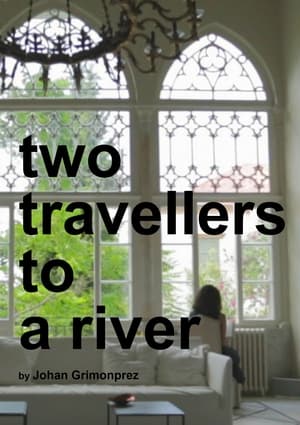 5.0
5.0Two Travellers to a River(ar)
When asked a question on politics, late Palestinian poet Mahmoud Darwish once answered: “I write about love to expose the conditions that don’t allow me to write about love.” In TWO TRAVELERS TO A RIVER Palestinian actress Manal Khader recites such a poem by Mahmoud Darwish: a concise reflection on how things could have been.
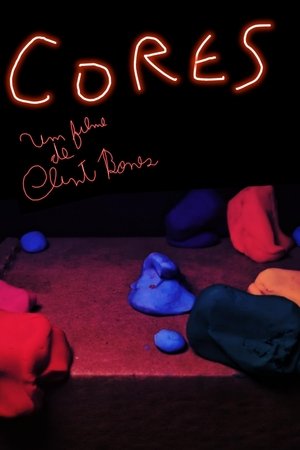 0.0
0.0Colours(xx)
Cores (Colours) is an experimental and independent animation by Clint Bones. Using Stop-Motion Animation, this film is about Palestine and their long combat with Israel. All that following a 60´s Psychedelia inspired visual.
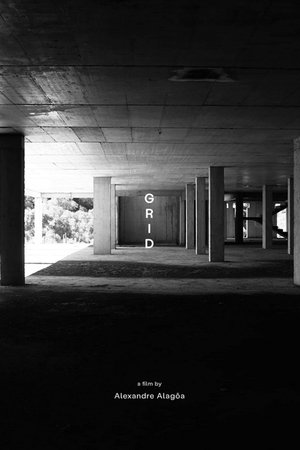 6.0
6.0Grid(pt)
A ritual of grids, reflections and chasms; a complete state of entropy; a space that devours itself; a vertigo that destroys the gravity of the Earth; a trap that captures us inside the voids of the screen of light: «That blank arena wherein converge at once the hundred spaces» (Hollis Frampton).
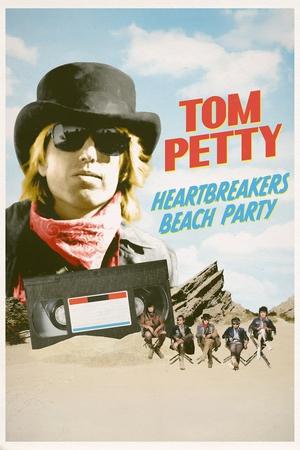 8.0
8.0Heartbreakers Beach Party(en)
Documentary that captures Tom Petty and the band in 1982-1983 as they finish, promote, and tour around the “Long After Dark” album (their final with legendary producer Jimmy Iovine). It aired only once on MTV in 1983. After the long lost 16mm reels were finally found, a restored version with 19 minutes of extra footage was released in 2024.
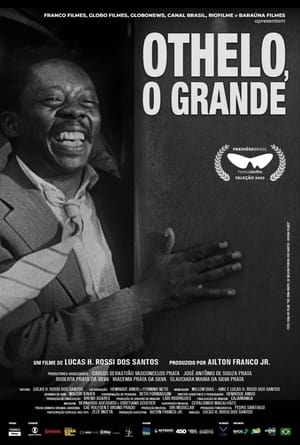 0.0
0.0Othelo The Great(pt)
A beautifully told story using archival footage to explore the life of Grande Otelo, a groundbreaking Black Brazilian actor. Overcoming poverty and racism, he built a stellar career, facing controversy yet using it to challenge prejudice.
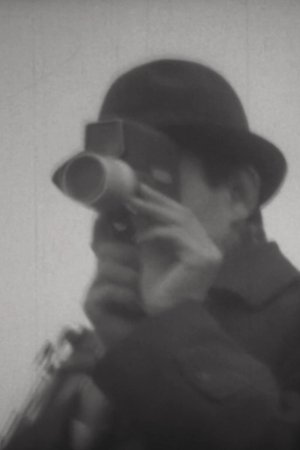 0.0
0.0Nomadtitude(en)
Using footage from socialist era Mongolia, Nomadtitude deals with the transition of the traditionally nomadic people to a lifestyle of urbanization. A changing of roads throughout the years and the movement of people from all across the country to the cities. A timeline of changing physical and spiritual paths. Primary instincts of the nomads, such as having a deep respect for natural surroundings, were forcefully replaced by socialist dogma and, later, capitalist machinations. This work presents the roads taken and not taken by the Mongolian nomads up until now. (Zulaa Urchuud)



